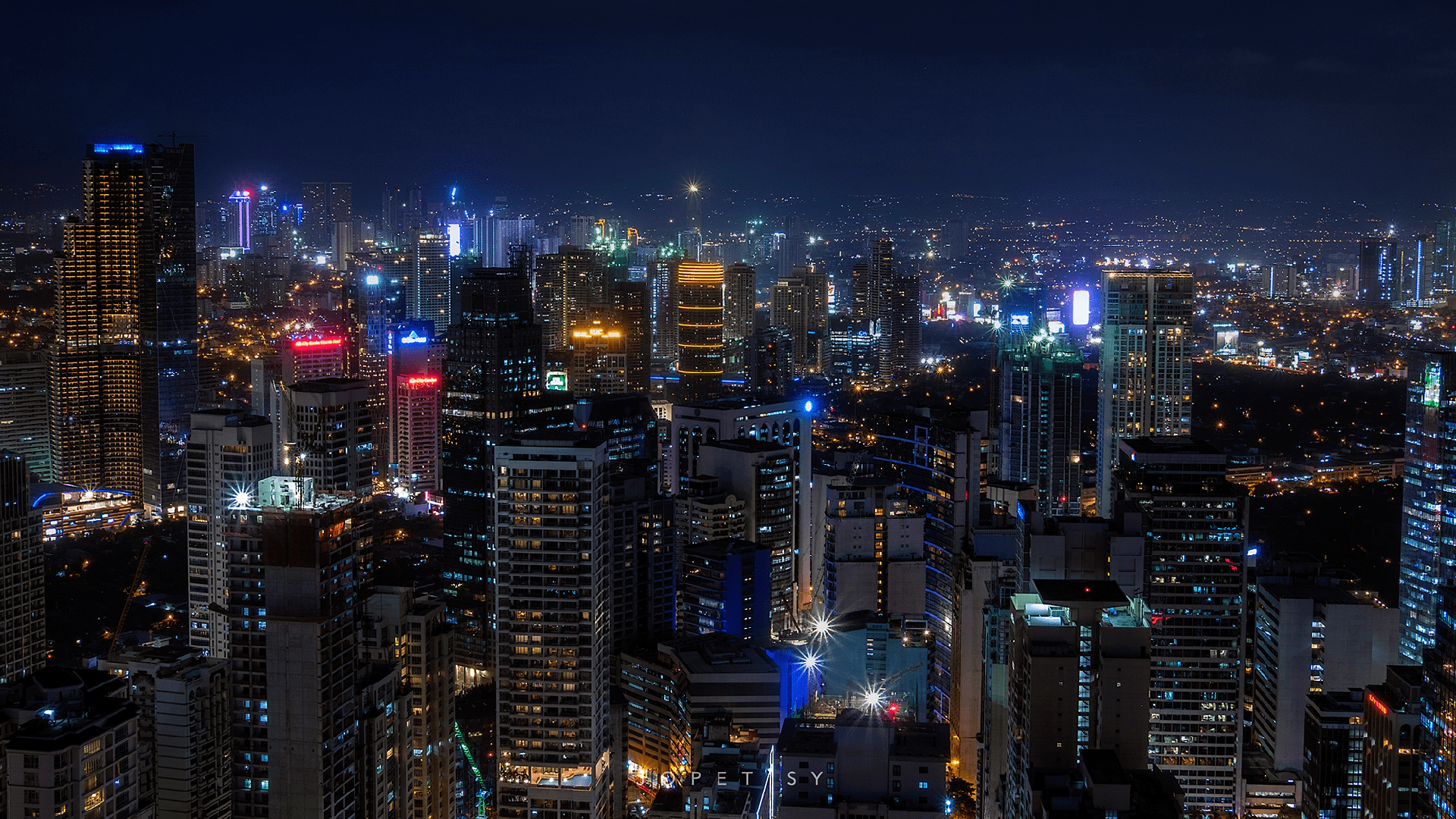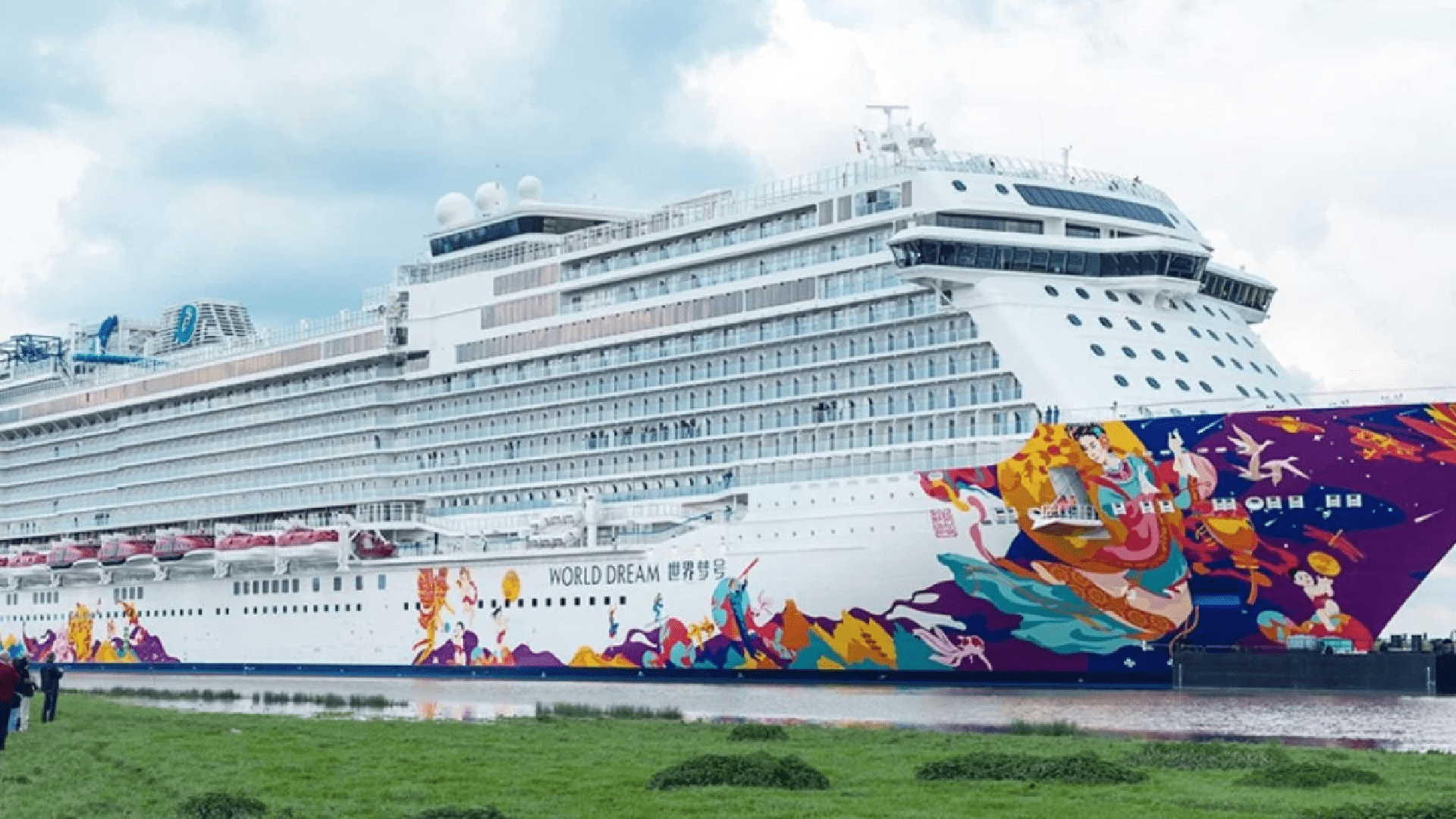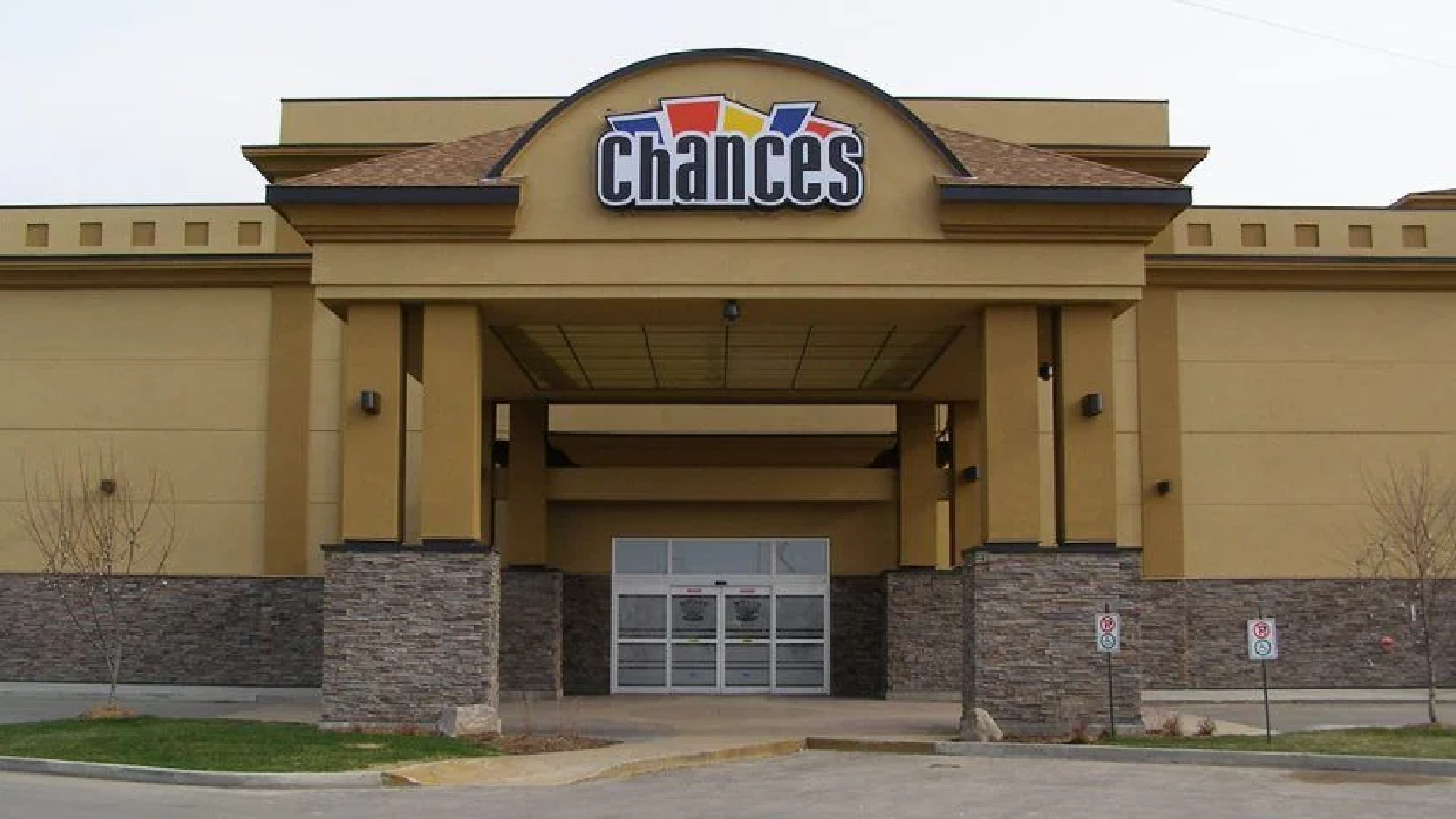Francis Escudero was ousted as president of the Philippine Senate following accusations that he was a major player in the corruption scandal involving government-funded floor control initiatives.
After being accused of being connected to a flood control contractor that obtained numerous government contracts to upgrade infrastructure in flood-prone areas, Escudero was fired. When the government looked into the projects, it discovered that several of the 15 contractors that were given PHP100 billion (US$1.75 billion) to strengthen the water barrier either completed the projects poorly using inferior materials or failed to complete them at all.
Five people allegedly collaborated with some of the contractors to assist them launder millions of dollars through casinos in Manila, Cebu, and Clark, according to PAGCOR, the Philippine Amusement and Gaming Corporation. One of the 15 contractors, Centerways Construction and Development, is associated with Escudero and has made significant contributions to his political campaigns.
Money Laundering in the Philippines
In recent years, the Philippines has made a concerted effort to strengthen its anti-money laundering measures. The Philippines, a cornerstone of President Ferdinand Bongbong Marcos Jr.'s 2022 campaign, was taken off the Financial Action Task Force's "gray list" in February.
The FATF came to the conclusion that the nation has sufficiently addressed "strategic deficiencies" in its anti-money laundering efforts. Perhaps the Philippines is better at tracking money movement, as evidenced by the discovery of 13 casinos that were reportedly aimed to launder illicit funds.
A number of officials at the Department of Public Works and Highways colluded with the contractors to embezzle a large portion of the funds intended to improve flood protection in flood-prone locations, which are frequently found in impoverished neighborhoods, Senate President Pro Tempore Panfilo Lacson said the chamber. Lacson stated that the DPWH officials, whom he referred to as the "BGC Boys," are thought to have lost PHP950 million (US$16.6 million) in gaming losses, according to records and surveillance that PAGCOR gave.
"While the people of Bulacan remain submerged in floodwaters due to the corruption of these individuals — and despite the president himself exposing the wrongdoing — the BGC Boys continue to indulge themselves, wasting the people’s money without remorse,” Lacson said.
According to PAGCOR, the DPWH officials allegedly used less-than-discreet money laundering techniques, like trading big sums of money but only gambling for a short time before using the chips.
“My office has submitted their names and aliases to the Anti-Money Laundering Council since casinos are covered persons under the amended anti-money laundering act,” Lacson explained.
Coming Probe
According to the Philippines Anti-Money Laundering Council, it will examine the claims and examine the casinos' procedures for managing the substantial sums of money.
Under Philippine anti-money laundering rules, casinos are considered "covered persons" and are required to disclose any suspicions of money laundering or other suspicious conduct.
“There is a corresponding penalty under our rules on administrative cases against covered persons. There’s a table of penalties depending on the possible violation,” said Philippines AMLC Executive Director Matthew David.







